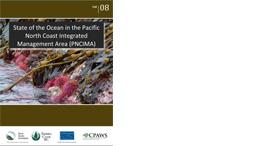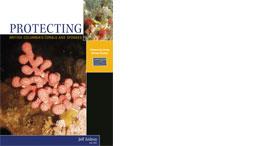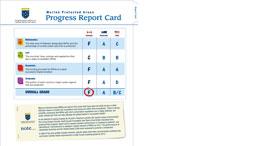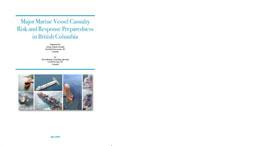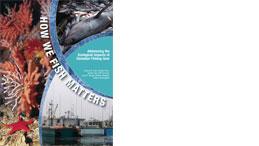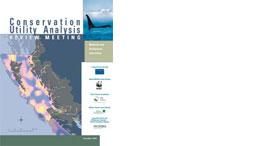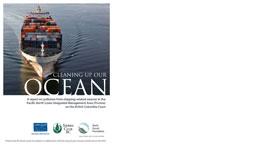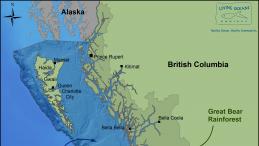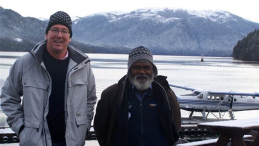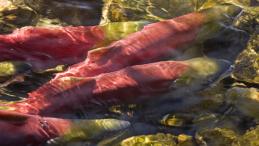It’s time for Canada to commit to oceans management plans
Ottawa -- Environmental organizations including the David Suzuki Foundation, the Living Oceans Society, and the Sierra Club of British Columbia are asking the federal government to commit to establishing a comprehensive marine-use and conservation-planning process for the Pacific North Coast Integrated Management Area (PNCIMA), on Canada’s West Coast.

